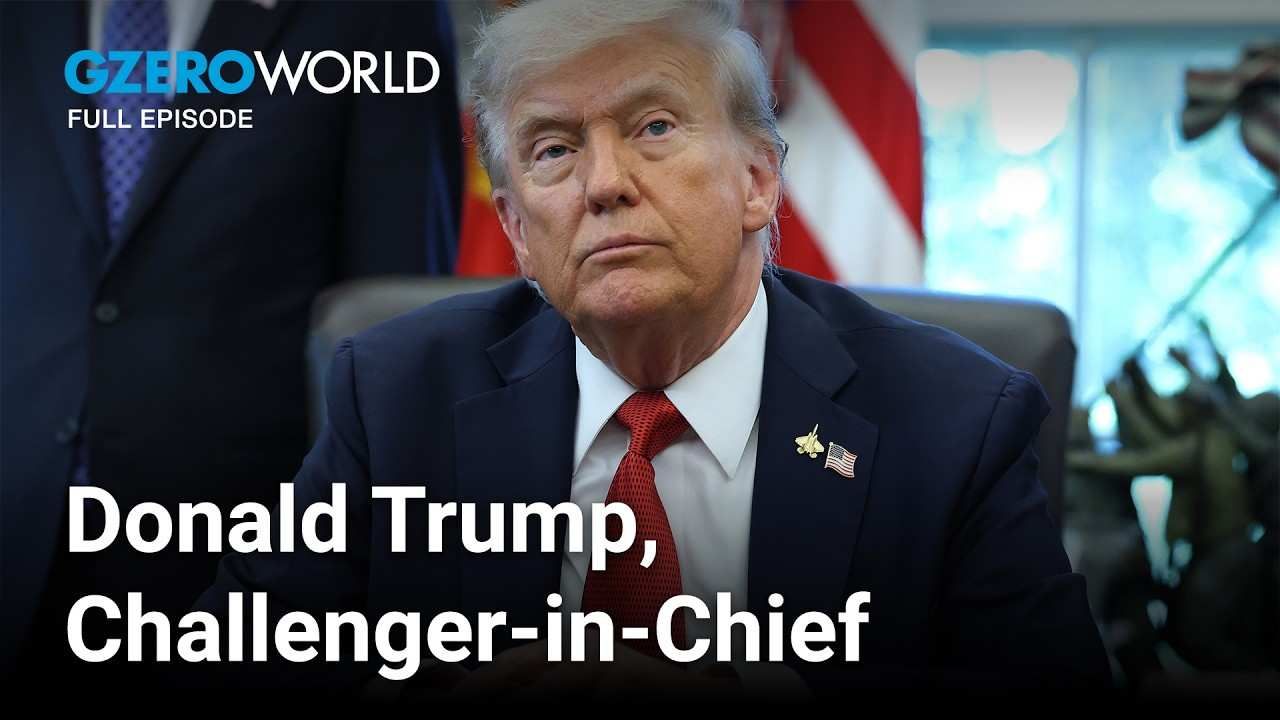News
November 27, 2018
SIGNALS
Elections in Taiwan – President Tsai Ing-wen's Democratic Progressive Party (DPP) suffered a stinging defeat in local elections over the weekend, losing crucial posts to the rival Kuomintang party, which favors closer ties with China. Ms. Tsai, who refuses to accept China's position that Taiwan and the mainland are part of the same country, now faces fresh questions about whether she can win re-election in 2020. No matter how you slice it, losses for the nationalistic DPP are a win for Beijing, which has ramped up pressure on the self-governing island since Ms. Tsai was elected: picking off Taiwan's remaining diplomatic partners and increasing its military drills near the island.
Doctors Back Across Borders –Cuba is withdrawing 8,300 doctors from some of Brazil's poorest regions in response to the election of Jair Bolsonaro as Brazil's president. Cuba has dispatched doctors to many countries with sympathetic leftist governments over the years, often in exchange for material support. No surprise that the right-wing Bolsonaro, who has criticized the Cuban government for keeping part of the doctors' salaries and demanded new conditions, would quickly clash with Havana. But beneath the high politics of ideology there is a more important issue here: how will hundreds of thousands of poor Brazilians who depend on those Cuban doctors get the care they need?
NOISE
Closing the Open Society –George Soros's Open Society Foundations (OSF) has announced it will pull out of Turkey. The only surprise here is that the organization, which promotes the expansion of civil society, was still in Turkey at all. President Recep Tayyip Erdogan recently accused Soros of trying to destroy the countries in which the OSF operates, and OSF remains under investigation in Turkey over its involvement in the Gezi Park riots that triggered nationwide anti-government protests in 2013.
Another Indian statue –The Indian state of Uttar Pradesh, population more than 200 million, has committed to build the world's tallest statue. This news comes just weeks after a nearly 600-foot tall statue of Indian founding father Sardar Patel went up in Gujarat. There is also a statue of medieval Indian ruler Shivaji under construction off the coast of Mumbai. Does India need the world's three tallest statues? Maybe there are better uses for the country's investment dollars.
More For You
Michael Froman explains how the world is adjusting to Trump’s more transactional and unilateral approach to global power.
Most Popular
- YouTube
At the 2026 Munich Security Conference, NATO Parliamentary Secretary General Benedetta Berti explains why hybrid threats, from undersea cable sabotage to disinformation, energy coercion, and cyberattacks, are no longer isolated incidents but a defining feature of today’s security environment.
- YouTube
In this Quick Take from Munich, Ian Bremmer examines the state of the transatlantic alliance as the 62nd Munich Security Conference concludes.
- YouTube
At the 2026 Munich Security Conference, Brad Smith announces the launch of the Trusted Tech Alliance, a coalition of global technology leaders, including Microsoft, committing to secure cross-border tech flows, ethical governance, and stronger data protections.
© 2025 GZERO Media. All Rights Reserved | A Eurasia Group media company.
